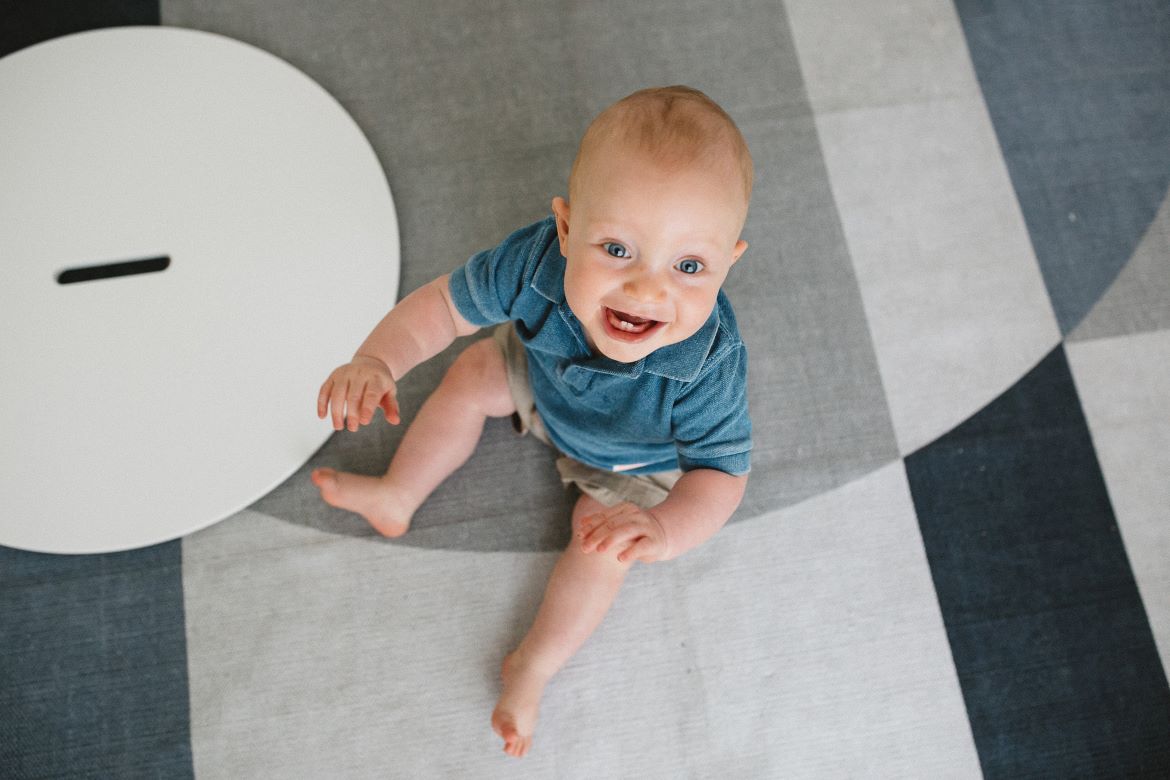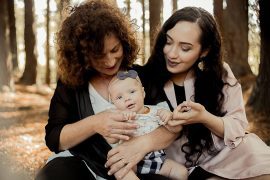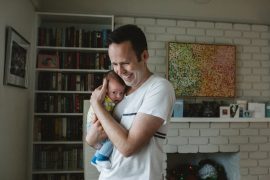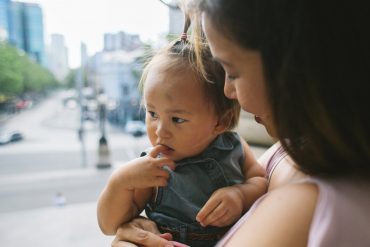By Sarah R. Moore
Why don’t we remember being babies and what does the research really say about baby memory?
This is an excerpt of an interview with Tina Payne Bryson, Ph.D., where she discusses her incredible new book, The Bottom Line for Baby (as an Amazon Associate I earn from qualifying purchases) – along with several game-changing parenting tips. You can find the full interview here. Or, here’s Part 1 of our discussion if you missed it.
In this segment, we discuss the question, “Why don’t we remember being babies?”. We also cover how baby memory and memory function work, and how baby memory relates to children’s growth and development.
Dandelion Seeds Positive Parenting: Why Don’t We Remember Being Babies?
So let me get straight to some brain science with you.
Former baby here. I confess. I used to be a baby. [laughter]
I don’t remember much of it at all. My daughter, on the other hand, claims she remembers the womb. I don’t personally remember the womb and anything after it for a good long time.
So, if we don’t really remember our earliest months, our earliest year on Earth, how do we know that any of it matters? Why don’t we remember being babies?
Tina Payne Bryson on baby memory: Why don’t we remember being babies?
That’s such a great question. Actually, most of us have what’s called childhood amnesia until about age 5, where we don’t really remember much.
We may have one or two memories from before age 5 or 6, but they typically tend to be something that was a huge change.
I have an early, early memory around age three, when I had to be taken to the hospital to get stitches on my head. I remember being in my 70s’ purple poncho with the little palms in my dad’s arms and I remember the parking lot.
I remember some things about it, but that’s the only thing I remember from that age.
That’s really typical for most of us not to remember. However, when we say we don’t remember, we’re actually talking about something called explicit memory. Dan and I write about this in The Whole-Brain Child.
That memory is where you remember something and it has the feel of remembering. You know you’re remembering.
If I were to say to you, “What did you have for breakfast this morning?”, you could tell me. You would know you are remembering that fact, but there’s also something called implicit memory.
Implicit memory is where you are remembering but you don’t know you’re remembering. It doesn’t have the feel of that.
An example of that is what’s called a type of implicit memory called procedural memory.
When you get in your car and you drive, you’re able to do that because you remember all of the the motor activity and attentional resources and all the things you need to do in order to drive your car.
But when you get in, and you put your seatbelt on, and you put your car in reverse, and you start backing up, you’re not thinking “I am now remembering how to drive a car.” You just know how to do it.
Memory is association. That’s really all memory is.
When I say “Drinking hot chocolate that’s too hot, or coffee that’s too hot”, you all know the physical sensation of when you burn your mouth and it feels like sandpaper. All of those are associations with those experiences.
That’s the implicit memory.
Why don’t we remember being babies? As it turns out, perhaps we do.
We believe that implicit memory may even start in the womb.
So, when people say “Don’t worry about this medical procedure. Don’t worry about this trauma that happened to your child because they won’t remember it,” they mean they won’t remember it explicitly.
But the body keeps the score. That’s Bessel Van der Kolk’s title of his book about trauma, that I love. Our implicit memory remembers that, and it’s important because the purpose of our memory is to keep us safe.











